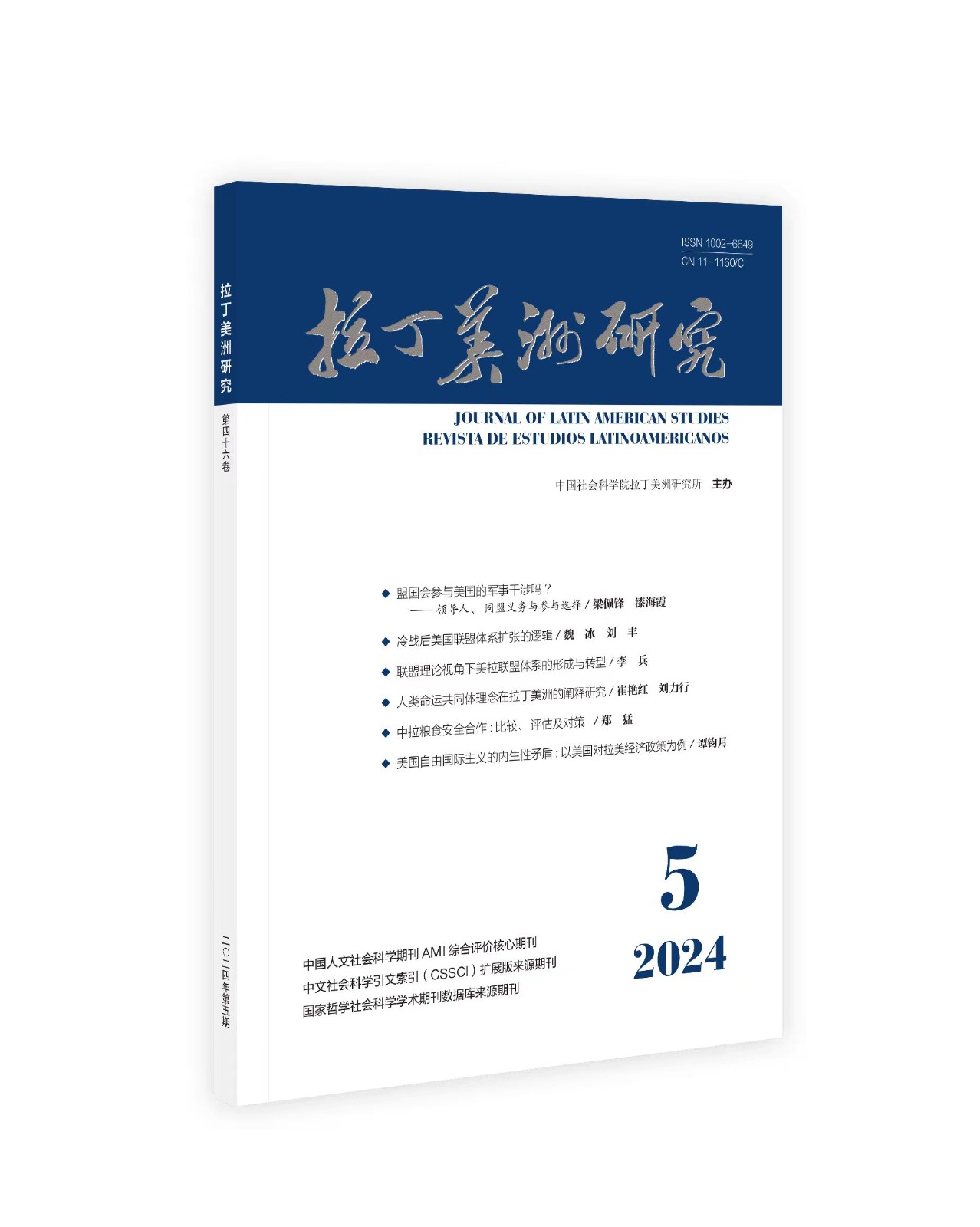参与式民主、民主教育和妇女
IF 0.7
2区 历史学
Q2 AREA STUDIES
引用次数: 0
摘要
参与民主派认为,地方层面的公民参与具有重要的教育功能。通过参与机制,公民可以发展各种技能,获得更好的信息,并培养更强的政治效能感。在学术文献中,关于参与在多大程度上可以产生这些好处一直存在相当大的争论,但审议和参与理论方法因忽视参与机制本身的权力动态以及忽视男女之间的结构性不平等而受到批评。许多批评人士指责说,参与机制往往掩盖而不是消除性别不平等,特别是在性别不平等仍然根深蒂固的社会中。虽然关于参与式民主的教育功能的理论已经很发达,但是仍然缺乏关于参与对拉丁美洲妇女的影响的实证工作,而拉丁美洲一直处于民主创新的前沿。基于在委内瑞拉、厄瓜多尔和智利的广泛实地调查,本文确定了妇女通过参与获得的技能类型,并质疑这些技能在多大程度上再现了传统的性别角色。本文章由计算机程序翻译,如有差异,请以英文原文为准。
Participatory Democracy, Democratic Education, and Women
Abstract Participatory democrats argue that citizen engagement at the local level serves an important educational function. Through involvement in participatory mechanisms, citizens develop various skills, become better informed, and cultivate a greater sense of political efficacy. There has been considerable debate in the academic literature over the extent to which participation can produce these benefits, but deliberative and participatory theoretical approaches have been criticised for neglecting power dynamics within participatory mechanisms themselves, and for overlooking structural inequalities between women and men. Numerous critics have charged that participatory mechanisms tend to mask, but not eliminate, gender inequalities, particularly in societies where these remain firmly entrenched. While the theory on the educational function of participatory democracy is well developed, there remains a lack of empirical work on the impact of participation on women in Latin America, a region that has been at the forefront of democratic innovation. Based on extensive fieldwork in Venezuela, Ecuador and Chile, this article identifies the types of skills that women gain through participation, and questions the extent to which these reproduce traditional gender roles.
求助全文
通过发布文献求助,成功后即可免费获取论文全文。
去求助
来源期刊

拉丁美洲研究
Multiple-
CiteScore
1.60
自引率
0.00%
发文量
3870
期刊介绍:
Journal of Latin American Studies presents recent research in the field of Latin American studies in economics, geography, politics, international relations, sociology, social anthropology, economic history and cultural history. Regular features include articles on contemporary themes, specially commissioned commentaries and an extensive section of book reviews.
 求助内容:
求助内容: 应助结果提醒方式:
应助结果提醒方式:


